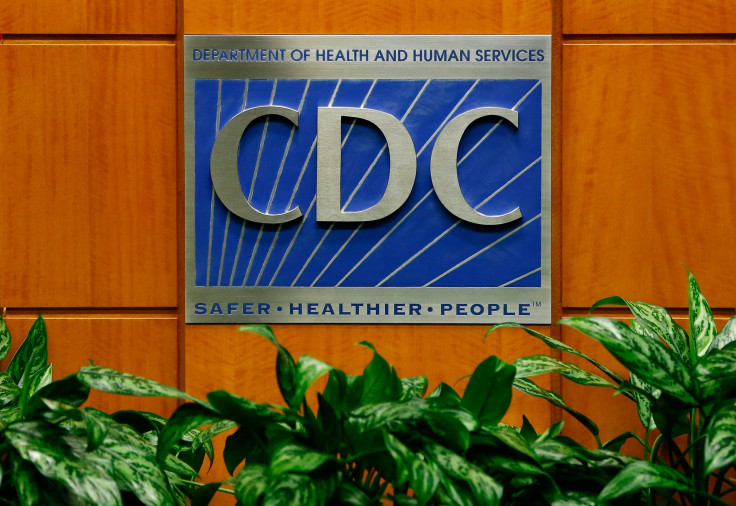Sepsis Signs, Symptoms: Woman's Arm, Fingers, Legs Amputated After Failed Diagnosis

A mother-of-two lost her arm, fingers and legs after doctors at a hospital in the U.K. failed to diagnose her with a life-threatening disease. Magdalena Malec, 31, decided to take legal action against the doctors at Luton and Dunstable University Hospital in Luton, England.
Malec had to undergo multiple limb amputations after doctors did not realize that she was suffering from sepsis — a disease caused by the chemicals released into the bloodstream to fight an infection. According to the Centers for Disease Control and Prevention (CDC), the disease forms after an already-established infection in the body is not treated. This causes tissue damage or organ failure, which can further lead to death.
According to reports Sunday, Malec suffered a miscarriage just weeks after she got pregnant with her third child in December 2014. She suffered heavy bleeding and stomach cramps following which she returned to the Luton and Dunstable hospital where she discovered she had an ectopic pregnancy, which is when the fertilized egg attaches itself to the outside of the uterus.
She underwent a surgery and following that started to have severe blood loss to her limbs. This reportedly happened as her doctors failed to recognize early signs of sepsis. Malec also had to have a kidney transplant.
"I was waiting for six months for the amputation of my limbs, with stinking and decaying legs and arms," Malec told the Telegraph. "Nothing will restore what I had. I will never paint my nails again, I will never make a ponytail for my daughter... I do not trust doctors and I am very skeptical about all medical appointments and diagnoses.”
Malec's lawyer, David Thomas, reportedly said: “The catastrophic chain of events which led to Malec’s near death and horrendous injuries were completely avoidable if the hospital trust had followed its own sepsis protocol.”
“There were a number of missed opportunities or ‘red flags’ which were not acted upon until it was too late,” Thomas said. “If diagnosed early enough, sepsis is easily treated with antibiotics but despite recent awareness campaigns, mistakes such as this are still happening. It’s tragic.’’
A representative for the hospital issued an apology, adding that the care provided to her “fell below the standards we strive for.”
“There were missed opportunities to recognize the progressive clinical deterioration of Malec and act accordingly, including the timely administration of antibiotics,” the hospital said, according to the South West News Service (SWNS). “We convey our sincere apologies to Malec and we recognize the care provided fell below the standards we strive for.”
According to the CDC, more than 1.5 million people in the U.S. suffer from sepsis each year, of which 250,000 end up dying.
Sepsis signs and symptoms:
- Fever
- Heart rate higher than 90 beats per minute
- Breathing rate higher than 20 breaths per minute
- Patches of discolored skin
- Decreased urination
- Changes in mental ability
- Low platelet (blood clotting cells) count
- Chills due to fall in body temperature
- Slurred speech
- Unconsciousness
- Extreme weakness
- Diarrhea, nausea, or vomiting
Severe muscle pain and extreme general discomfort
© Copyright IBTimes 2025. All rights reserved.





















